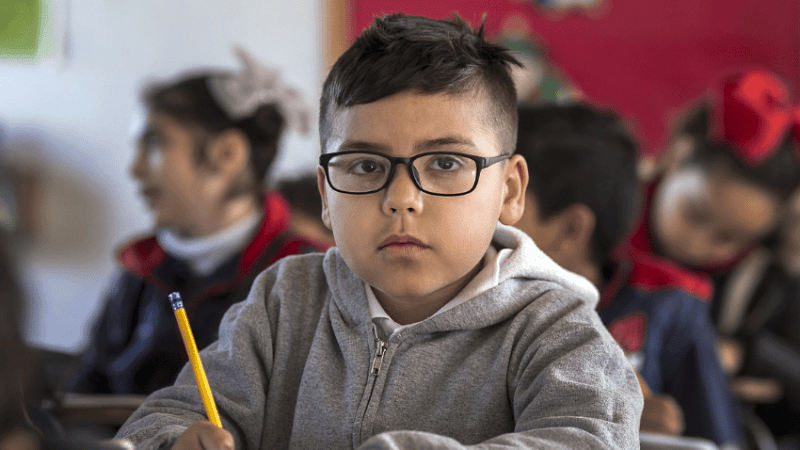Why You Should Visit A Special School

With a large number of children needing SEND support or EHC plans, why have so few teachers taken a trip to see how settings outside the mainstream do things?

“In at 9, home at 3, eh? Thirteen weeks’ holiday a year too, eh, eh?” Dan Lortie calls this the ‘apprenticeship of observation’ – everyone has been to school, so that entitles them to the opinion that all you need to do is ‘teach them to read and add up’. How hard can that be?
But this apprenticeship does not extend to special schools. Very few teachers, let alone the general public, have ever actually been inside one, which seems strange when you consider the vast majority of children with an Education, Health and Care Plan (EHCP) – or those who require SEN support (one in eight students) – are educated in mainstream schools. Seeing first-hand how teachers in these settings manage behaviour and learning will vastly improve your skill-set. Here’s how.
Promotion of independence
All measurable life outcomes for children with learning difficulties are dire. Here are two that should shock you – less than 10 per cent of adults with learning difficulties work; and factoring out various conditions such as Down’s syndrome, they still die on average 15 years earlier than the rest of the population. This gives schools such as ours a very sharp focus; our children are walking the line between living and working independently and spending adult life on benefits and in supported living.
Our job is straightforward – get as many of our children as we can as far over that line as possible. Spending time in a special school will enable you to learn how these settings arrange their curricula, staffing and support levels to strive to achieve this.
What does good progress look like?
It can be difficult to know what good progress looks like for some children with significant learning difficulties. Many of your children may be at or above age-related expectations, but some remain stubbornly below, and it can be natural to feel they aren’t progressing at the expected rate. But what is that rate for these children?
Exploring this with colleagues in a special school may reassure you things are going well, or maybe they’re not – but at least you’d know.
Did they really learn it?
Working with children with severe and profound multiple learning difficulties (PMLD) made me realise that what I thought I knew about teaching was a veneer at best – there was very little underneath.
One aspect I have always found challenging was to gauge if a child had actually learned something. A colleague of mine once admitted she taught a child for a whole year but wasn’t sure the child learned anything in that time. Talking to colleagues in special schools about how they recognise and acknowledge progress would be a major string to your bow.
Behaviour and unmet needs
Prior to working in special schools I held a fairly traditional view of behaviour management, and was frustrated with my largely ineffective use of the punishment and sanctions escalator. But since moving into this sector, I have developed – over the last decade – a firm view that negative behaviour communicates an unmet need. This has helped me to lead significant improvements in behaviour in our school and reduce my frustrations as my confidence and skill has increased vastly.
Time spent in special schools will equip you with indispensable tools to help you improve the behaviour of all children, not just those with SEND. Take, for instance, the significant research showing that children with speech, language and communication difficulties are far more likely to also have behavioural difficulties.
You could learn how to improve the communication skills of those children and reduce their subsequent frustrations in being understood. You could learn a tremendous amount about sensory integration and processing and help children focus on their learning while coping with the vast amount of information they are absorbing.
I encourage you to get in touch with your local special school. They’ll be delighted to welcome you, and you’ll come away a better teacher.
Jarlath O’Brien is headteacher of Carwarden House Community School in Surrey. He is also the author of Don’t Send Him in Tomorrow published by Independent Thinking Press.











